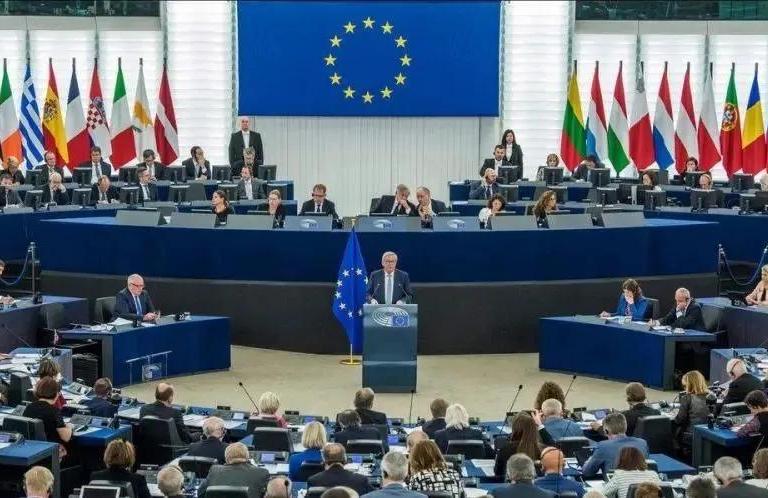Brian Wong, Assistant Professor in Philosophy and Fellow at Centre on Contemporary China and the World, HKU and Rhodes Scholar
Oct 18, 2021
When the leaders of Europe and China speak, there will be an understanding that each side is navigating the U.S.’s opposition to the latter’s agenda.
Brian Wong, Assistant Professor in Philosophy and Fellow at Centre on Contemporary China and the World, HKU and Rhodes Scholar
Oct 18, 2021
When the leaders of Europe and China speak, there will be an understanding that each side is navigating the U.S.’s opposition to the latter’s agenda.
Francesca Ghiretti, Leverhulme Doctoral Fellow, Centre for Grand Strategy, King's College London
Oct 07, 2021
2021 has shown how the EU will seek to maintain a competitive and cooperative relationship with China amidst tensions between the U.S. and China.
Feng Zhongping, Director, Institute of European Studies, Chinese Academy of Social Sciences (CASS)
Oct 07, 2021
How should China deal with Europe? The answer is becoming increasingly complex. Changes in approach are necessitated by Europe’s effort to redefine its role as a mere international trade actor. It seeks to become a major geopolitical power in its own right, independent of the United States.
Feng Zhongping, Director, Institute of European Studies, Chinese Academy of Social Sciences (CASS)
Oct 07, 2021
How should China deal with Europe? The answer is becoming increasingly complex. Changes in approach are necessitated by Europe’s effort to redefine its role as a mere international trade actor. It seeks to become a major geopolitical power in its own right, independent of the United States.

Lu Yang, Research Fellow, Institute of the Belt and Road Initiative, Tsinghua University
Sep 07, 2021
After moves by France, Germany and the Netherlands, the introduction of the EU Strategy for Cooperation in the Indo-Pacific should come as no surprised. Two questions emerge: Is this new version of the strategy a follow-up to the United States or an independent strategic consideration? And how should China respond?
Zhou Xiaoming, Former Deputy Permanent Representative of China’s Mission to the UN Office in Geneva
Sep 03, 2021
The world should thank Joe Biden for being straight about the aim of the America’s intervention in Afghanistan. It’s yet another wake-up call that reveals the truth about America’s approach to foreign policy. Uncle Sam will always be for himself.

Leonardo Dinic, Expert in Geopolitics and International Business, the Future of Work, and Emerging Technologies
Aug 18, 2021
The historic completion of the Pelješac bridge in Croatia marks the first time a Chinese firm and the EU have completed a project together, setting the stage for the BRI’s implementation in Eastern Europe.
Wu Zhenglong, Senior Research Fellow, China Foundation for International Studies
Jul 13, 2021
Europe is not interested in confronting China. While the European Union and United States agree on the strategic challenge presented by China’s growing assertiveness, they do not always agree on the best way to address it.
Leonardo Dinic, Expert in Geopolitics and International Business, the Future of Work, and Emerging Technologies
Jun 26, 2021
EU member nations have become increasingly aware of Chinese influence in the Eastern European region, which calls for a reorienting of their strategy in the Balkans.
Back to Top

- China-US Focus builds trust and understanding between the U.S. and China through open dialogue among thought leaders.
- Our Offerings
- Topics
- Videos
- Podcasts
- Columnists
- Research Reports
- Focus Digest
- Stay Connected
-
Thanks for signing up!
- Get the latest stories from China-US Focus weekly.